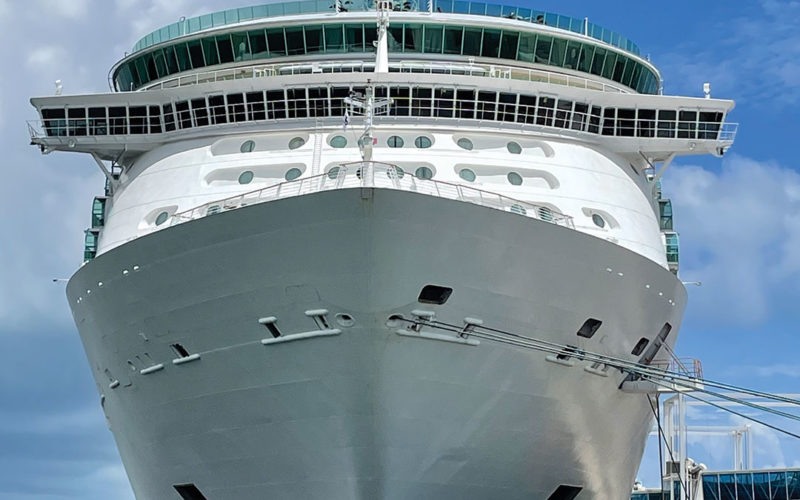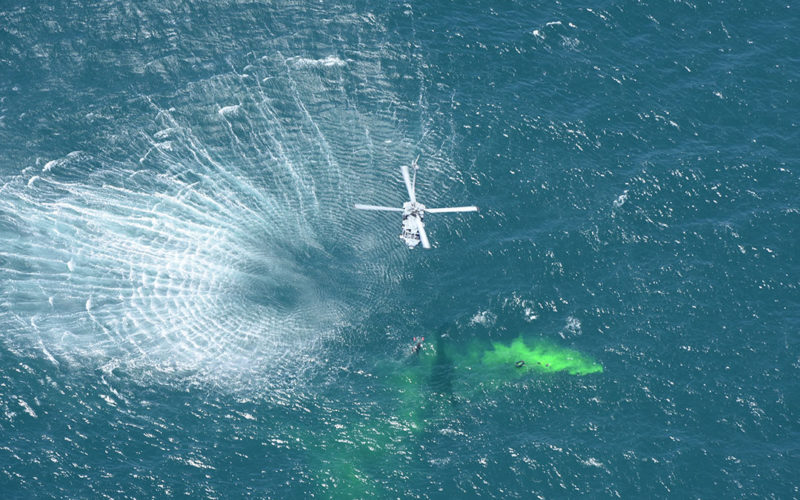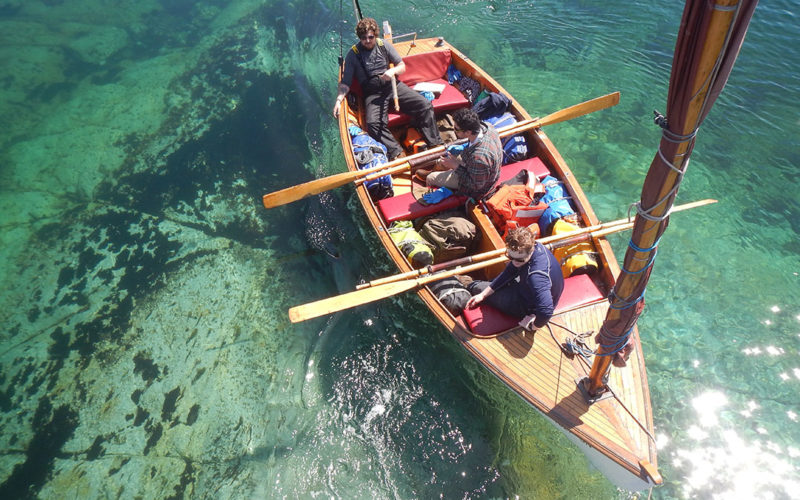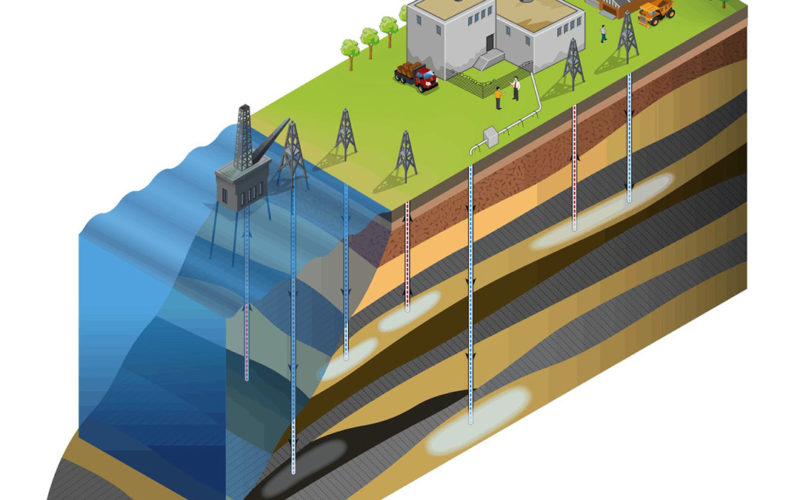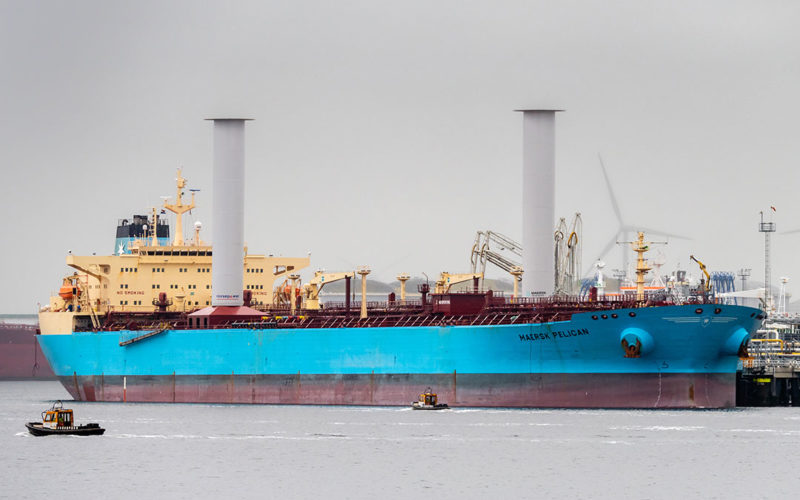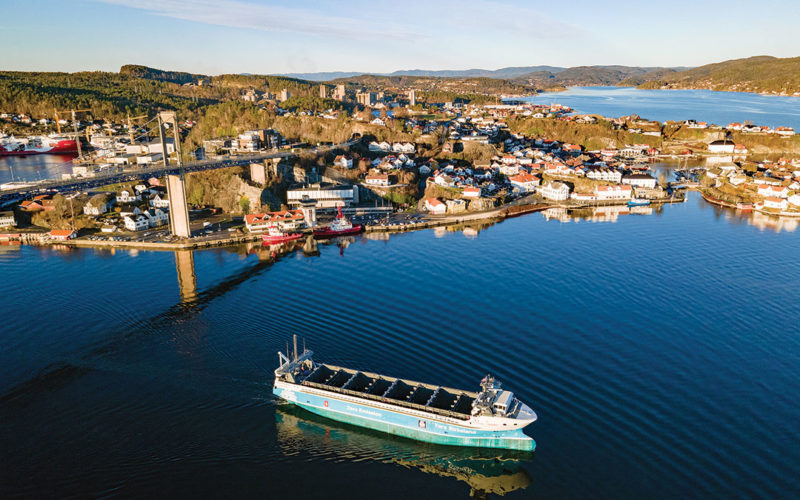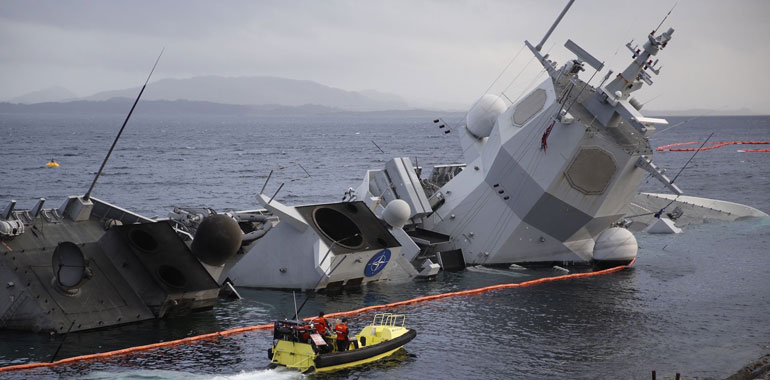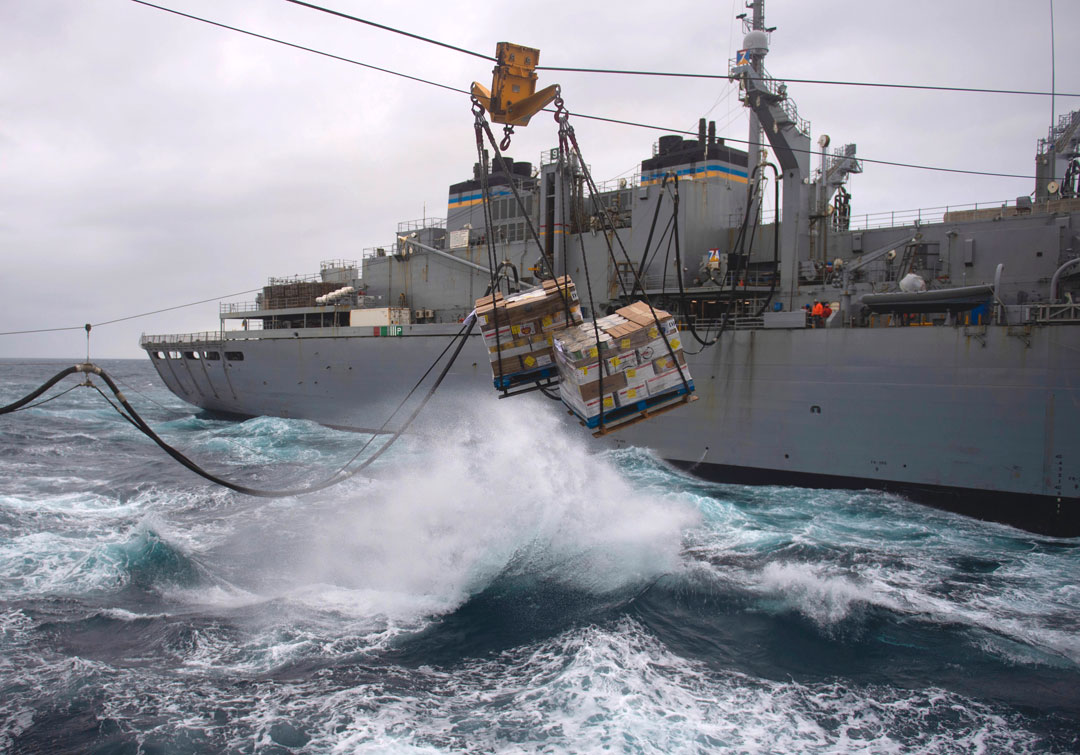30
Nov
It was during my last hitch that I decided I would not be coming back to shipping. It was not because of bad experiences, because I had plenty of good ones, too. I wanted to get married, have a family and be able to go home every day. The decision was years in the making and not one I made…


